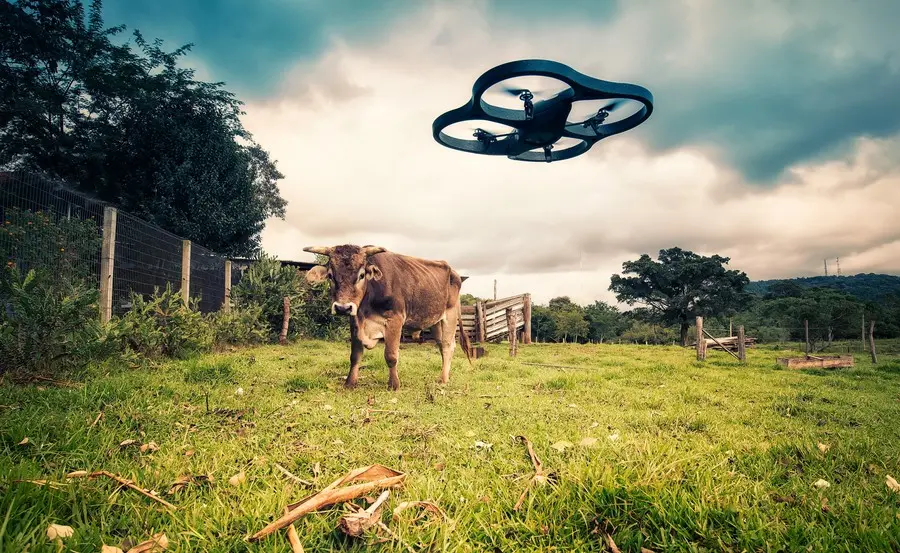
Popularised for their applications in videography, drones are now soaring into the world of agriculture. Unmanned aerial vehicles (UAVs), more commonly known as drones, are utilising artificial intelligence to transform how farmers work, streamlining everyday tasks of pollination, tree planting, and yield estimation. With an estimation that agricultural usage will account for 90% of all drone use by 2025, it is crucial to understand how advancements in farming technology could increase profits, and food production whilst simultaneously diminishing farming’s impact on the environment.
artificially intelligent drones can complete tasks performed by farmers faster, and more effectively.
Precision agriculture is the science of improving the yield of crops. Unlike traditional farming methods, artificially intelligent drones can complete tasks performed by farmers faster, and more effectively. Precision AI, a leading company in agricultural advancement, has claimed that a drone-based approach could reduce pesticide usage by as much as 90%, with their drones being able to accurately identify weeds 96 percent of the time. Carrying nearly 20 litres of pesticide each flight, Precision AI’s drones can cover around 80 acres each hour, an efficiency rate traditional methods could never achieve.
Drone capabilities extend outside weeding though. UAVs can use thermal and multispectral imaging to collect data that provides farmers with overviews of the condition, and quantities of their livestock, crops, and land. Meanwhile, Canadian researchers have developed a drone that utilises pressurised air cannons to fire up to 100,000 seed pods each day, this has enabled them to work effectively towards their goal of planting one billion trees by 2028. Drones could help alleviate the increasing pressures witnessed within the agricultural industry as a result of the climate crisis, as seen in Japan, where insect-sized drones have been developed to assist in the pollination process. These drones have filled the absence caused by a declining bee population.
The accuracy of these UAVs is unparalleled. U.S. drone company Taranis shared that their drone-based monitoring system is capable of collecting images with sub-millimeter resolution, which has allowed them to survey over three million acres of farmland. Equally, Israeli start-up Tevel utilises its drones to identify fruit ripeness, sugar content and possible diseases. As a university situated in Devon, the impact these developments could have on our county, where 72.4 percent of all land constitutes farmland, could be significant. Whilst it would assist farmers in producing crops in greater quantities, concerns have been raised as to whether these technological advancements could replace agricultural work that traditionally employed humans.


